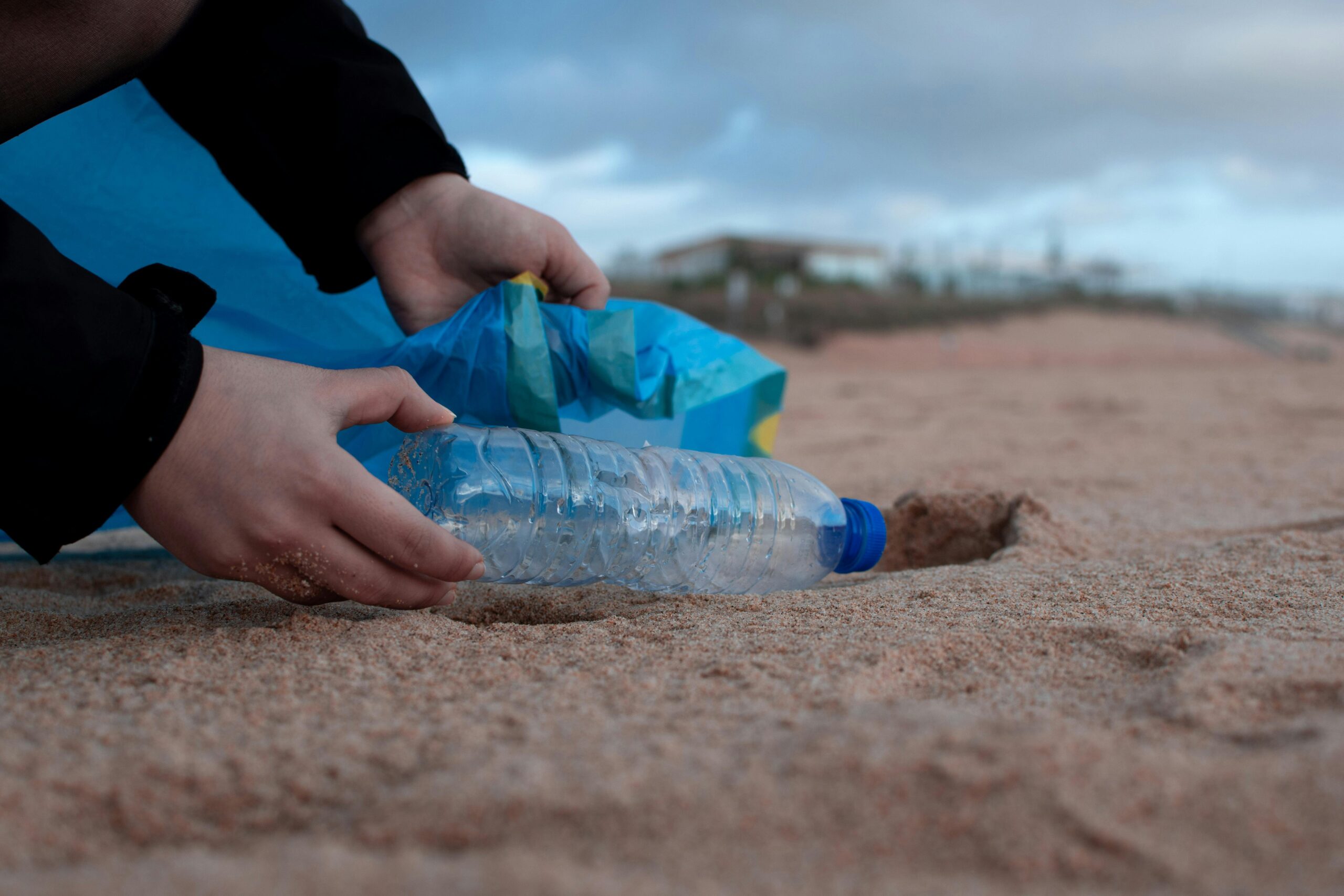Homeschool Tips: How to Talk to Kids About Scary Science
Blair Lee, M.S.
Homeschool Tips for Tackling Scary Science Topics
From the climate crisis and anti-vaccine misinformation to the coronavirus, it seems that every time you turn on the news, science is presented as something frightening. These topics can leave you and your children feeling worried and powerless to make a difference. It is a common occurrence in the SEA Homeschoolers Facebook group to have parents ask for homeschool tips to help with talking to their kids about these scary science topics. Parents are often worried that talking about them will make their child even more afraid.
So how do you discuss them? How do you address science topics in a way that does not alarm your children even more? Perhaps it would be better to just say nothing? As parents we want to allay our children’s concerns and let them know everything is going to be okay. But what do you say if you are not sure that’s true?
Talking about scary science is something I do often. Here are my tips for how I deal with it with my grandkids and in the classes that I teach.
My Go-To Tips for Navigating Tough Science Conversations
1. Talk About Scary Science
If you and your child are worried about scary science, address it. Be willing to have big, meaningful, meaty conversations about scary science topics. Do this in an age and stage appropriate way. The older your child is, the bigger the conversations can and should be.
When these issues aren’t discussed, I think of it as “pretending they don’t exist and hoping they’ll just go away.” All this does is create “elephants in the room”—issues your child needs help addressing so they feel less scary. You can help dispel the “elephants” by having honest conversations about the science.
2. Teach the Science
Education is an essential early step for dealing with scary science. Science literacy is an important part of allaying fears. For example, coronavirus is scary. If you and your child understand the science of germ theory and how vaccines work, you can minimize the risks of getting coronavirus and reduce fears about it. The science explaining global warming and climate change is not complicated. Understanding the science is the best way for your children and you to feel empowered instead of powerless.

3. Use Adequate, Credible Sources
We live in the age of social media. Unless your children are very young, they have access to information from online sources. The best way to handle a concern in the news that is not going away any time soon, is to provide credible, age-appropriate information for your child.
The internet is full of alarmist rhetoric and false denialist statements. Studies show that people are more likely to click on headlines that make outrageous claims. Be careful when these are about scary science. Beginning as early as it makes sense, talk to your children about how to evaluate and vet the sources they use for information.
4. Discuss Science Successes
As a part of science literacy, learn about science successes. Learn how we went about enacting change to shrink the ozone hole, which was another manmade science crisis. Research the development of the smallpox vaccine and how the deadly smallpox virus was eradicated. Study the Southern White Rhinoceros that was delisted from the Endangered Species List. Learning about science successes is an important step in empowering children to be the change they want to be in the world. When they learn about the successes of others, they can see how they too can be a part of the solution to fixing scary science.

5. Take Action
Taking action is an important step for people who are scared or angry about an issue. You might feel these science issues are too big for you to solve through your actions alone. You are probably correct. This is worth discussing with your child if they feel that way. The flip side, however, is that by not doing anything, they are not part of the solution. And for young people who are scared, it is empowering to feel they are doing something to address their concerns.
Talk to your child about how they want to take action. It is important they feel ownership over the activist work they do. When you teach your child to act on issues they are concerned about, you are teaching them a far-reaching lesson. You are teaching them how to deal with “scary” issues in a positive way. You are teaching them to show up and use their voice. Together, that is how we can solve scary science.
Empowering Your Child with Science Knowledge and Positive Action
Navigating tough science topics with kids can be challenging, but by using these homeschool tips, you can approach these discussions with confidence and empathy. When you prioritize science literacy, provide credible resources, and celebrate science successes, you help your child replace fear with understanding. Encouraging them to take meaningful action, even in small ways, empowers them to see themselves as part of the solution. With patience, openness, and these homeschool tips, you’re equipping your child to face “scary science” with resilience and hope for the future.
If you are looking to dive further into the science of climate change and inspire action among your learners, make sure to check out The Science of Climate Change: A Hands-On Course.





